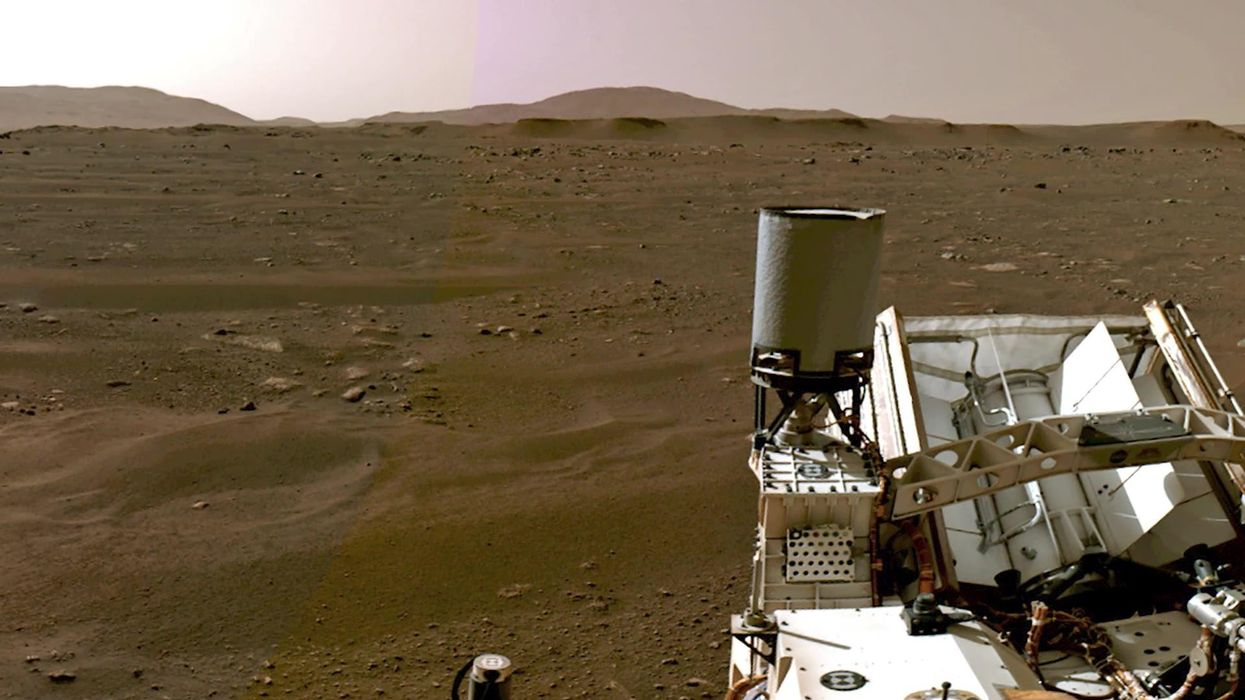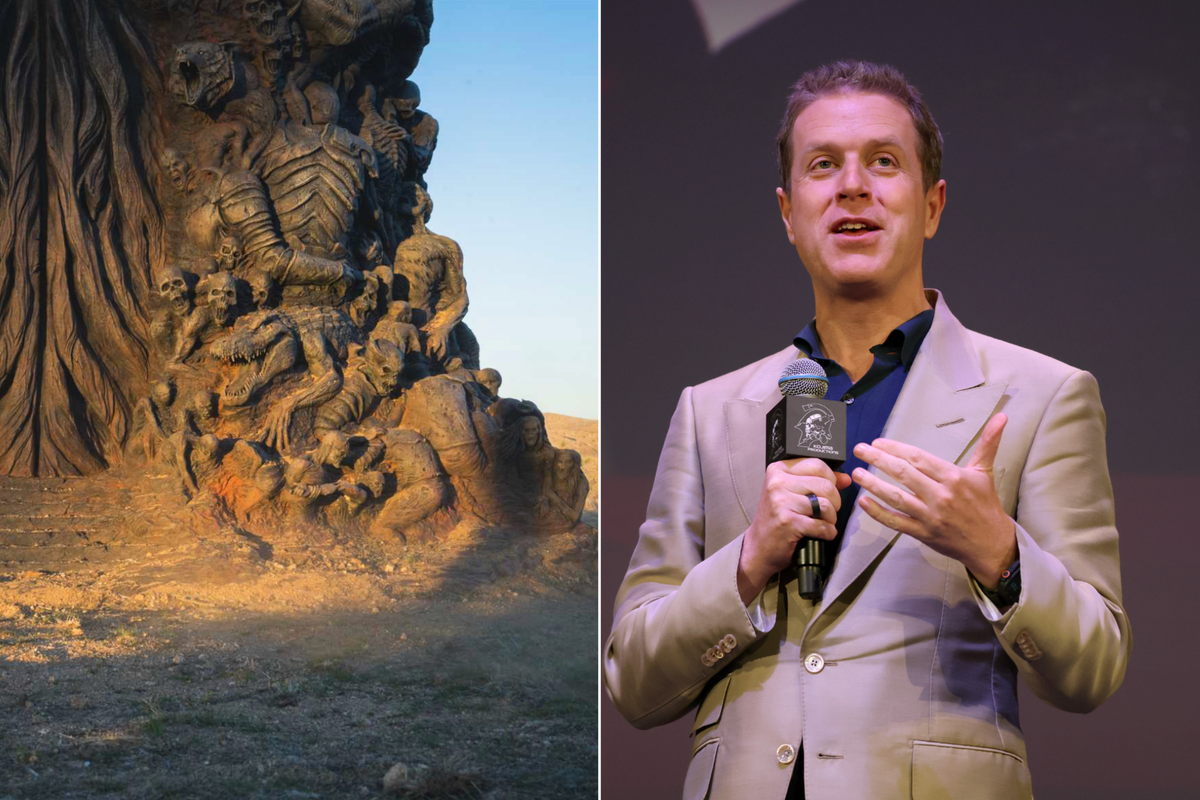Ellie Abraham
Oct 12, 2022
Mars rover sends sounds from surface of Red Planet
NASA
The prospect of finding life on other planets is an exciting one, but scientists fear that such lifeforms may have already died out due to a change in climate caused by the organisms themselves.
According to a new study published in the scientific journal Nature Astronomy, scientists believe it’s likely microorganisms on Mars were thriving under the surface of the Red Planet 3.7 billion years ago.
But, according to experts, these organisms were eventually the cause of their own demise by depleting the planet’s hydrogen supply in the atmosphere and triggering an ice age that led to their extinction.
Sign up to our new free Indy100 weekly newsletter
Speaking to Space.com, the study’s author and post-doctoral researcher at Sorbonne University, Boris Sauterey, said: “The ingredients of life are everywhere in the universe. So it’s possible that life appears regularly in the universe. But the inability of life to maintain habitable conditions on the surface of the planet makes it go extinct very fast.
“Our experiment takes it even a step farther as it shows that even a very primitive biosphere can have a completely self-destructive effect.”
According to the study, billions of years ago Mars was a habitable climate for life with a moist and warm climate.
The discovery was made after Sauterey and his team completed a complex computer modelling study that looked at the interaction between Mars’ atmosphere and the ancient microbes similar to those that existed on Earth.
While primitive life was evolving at the time, on Mars that situation was very different as ancient microbes that consume hydrogen and excrete methane created an environment that was not conducive to life.
Have your say in our news democracy. Click the upvote icon at the top of the page to help raise this article through the indy100 rankings.
Top 100
The Conversation (0)














